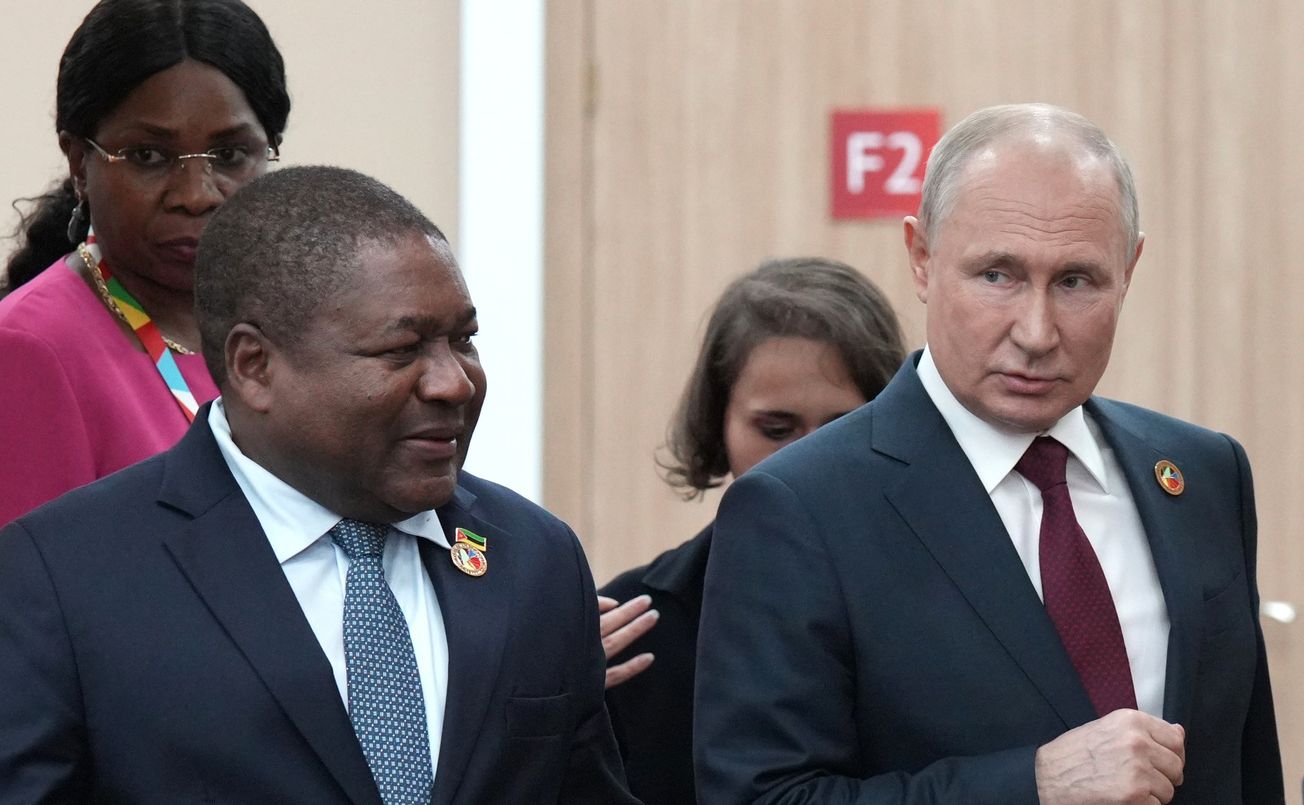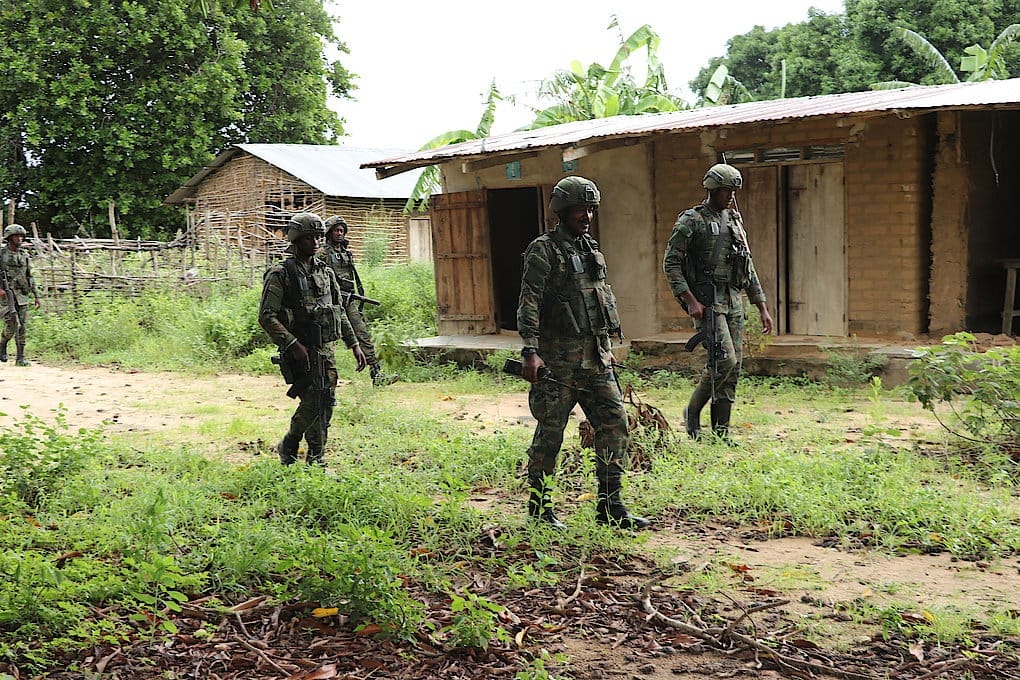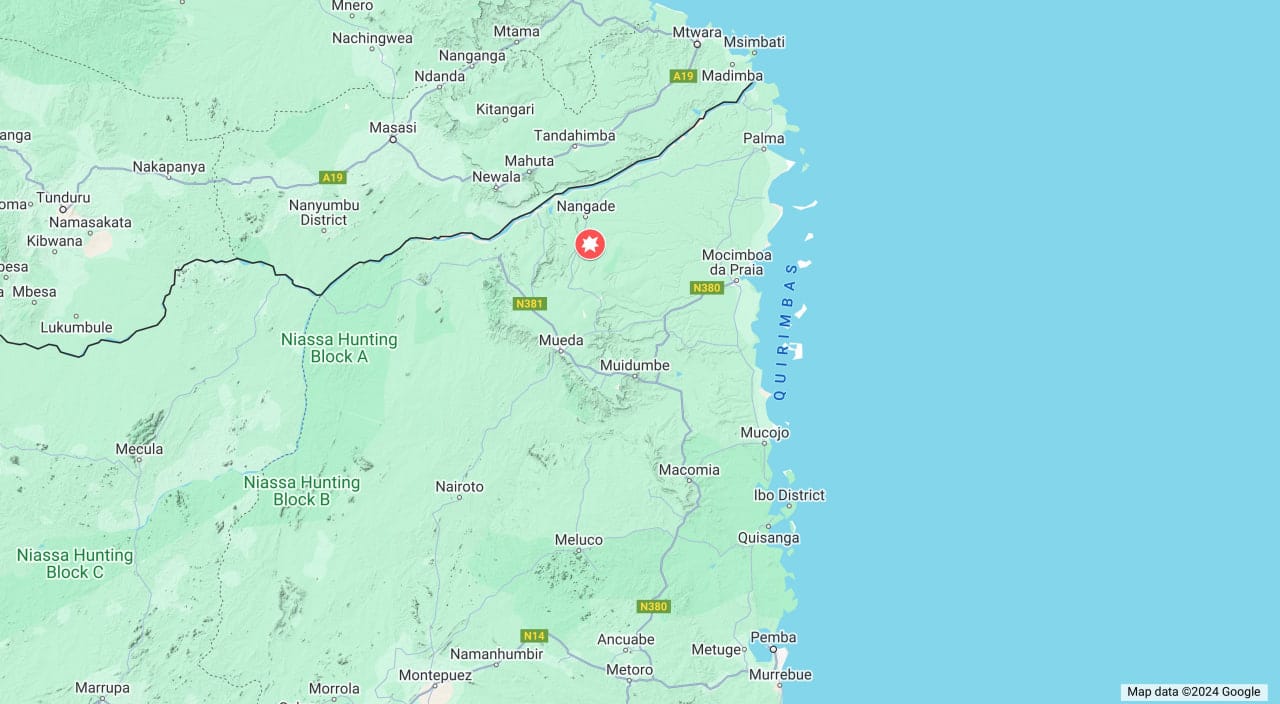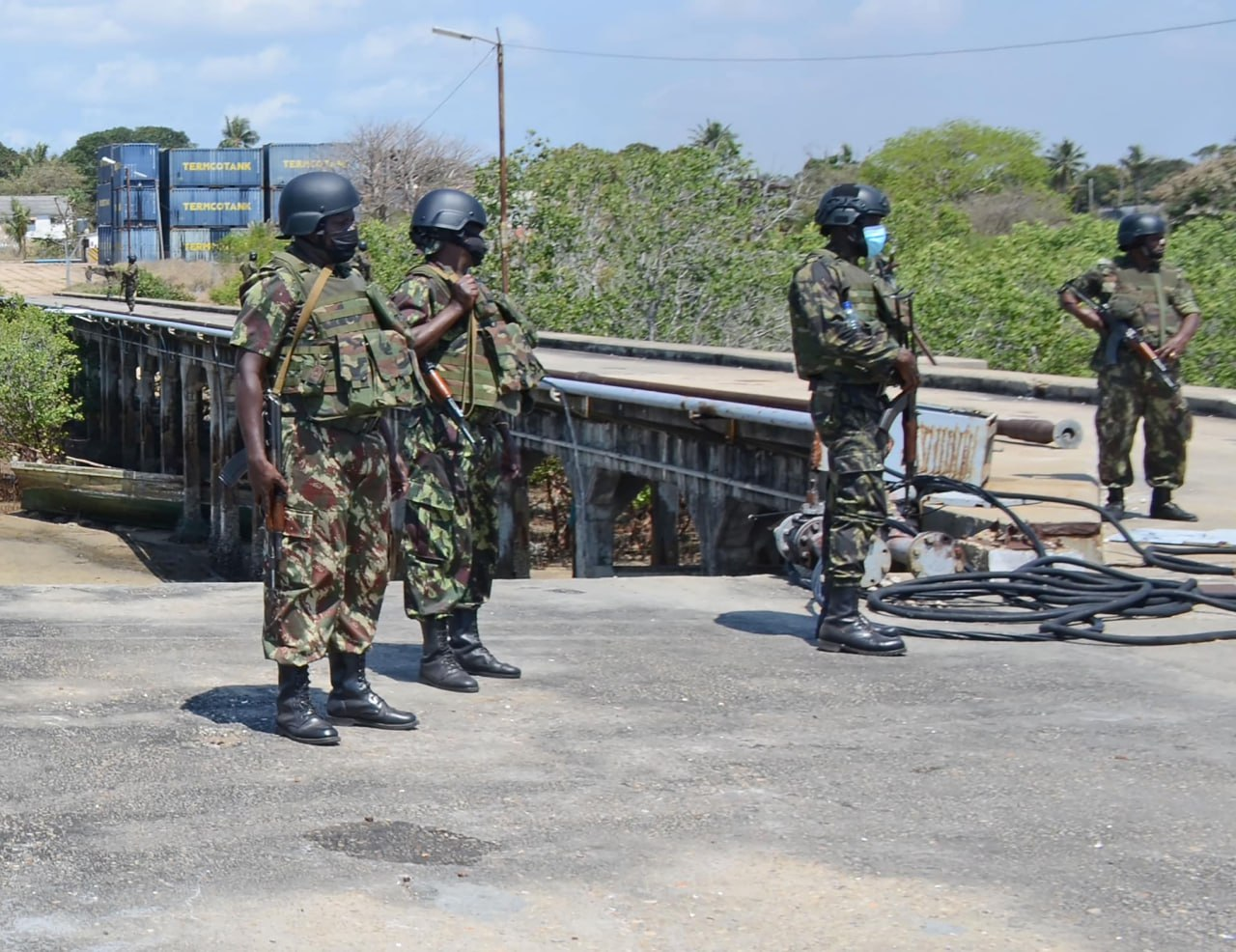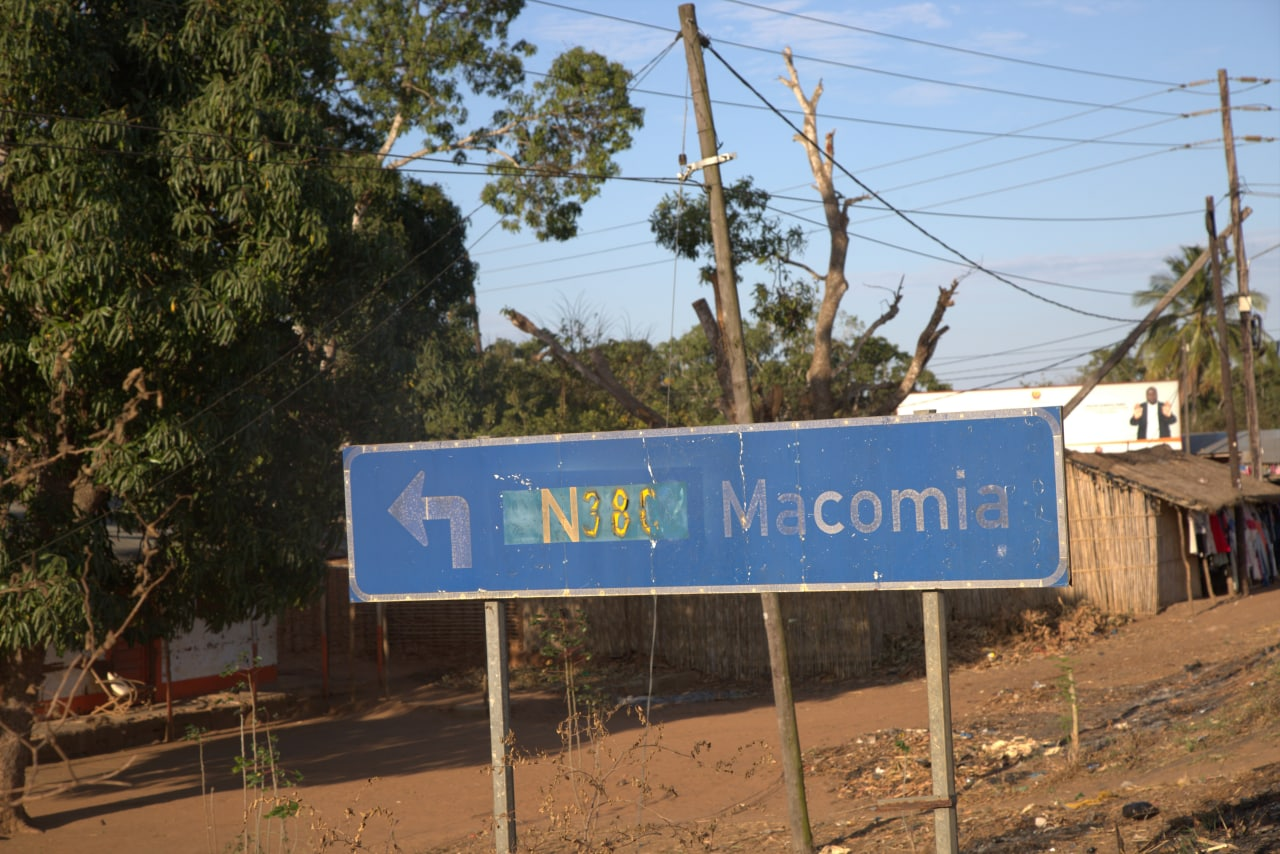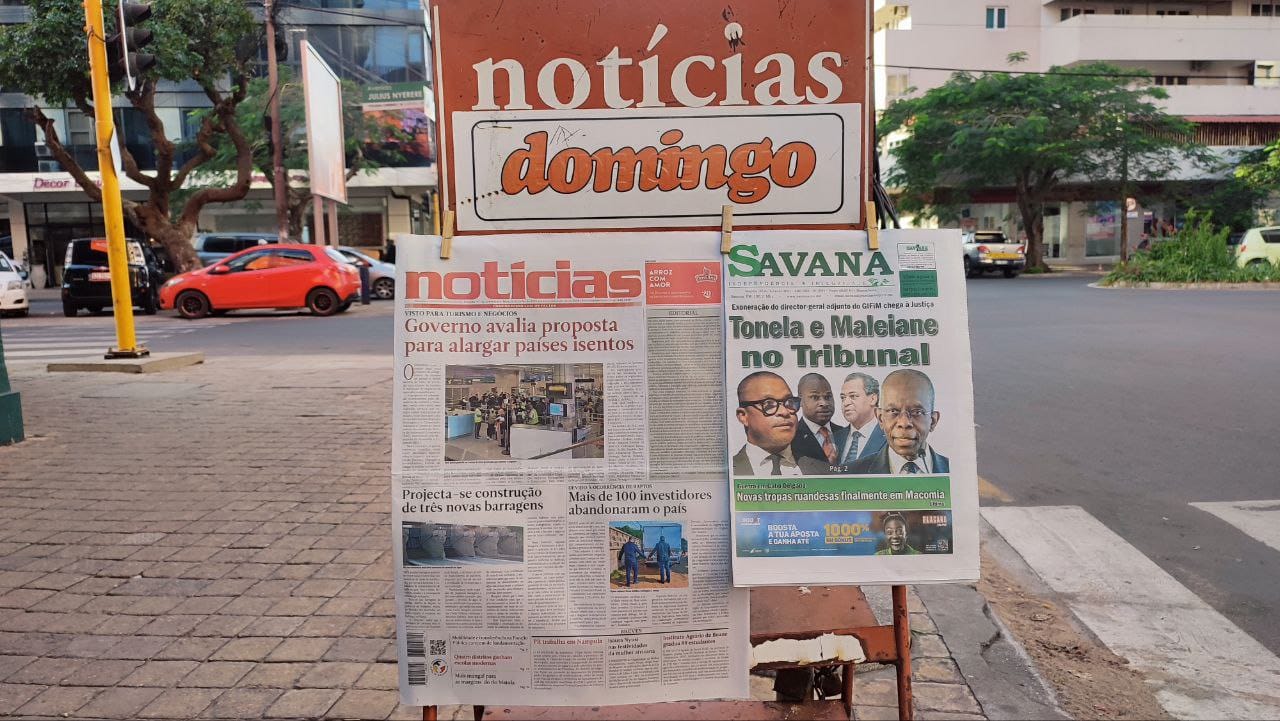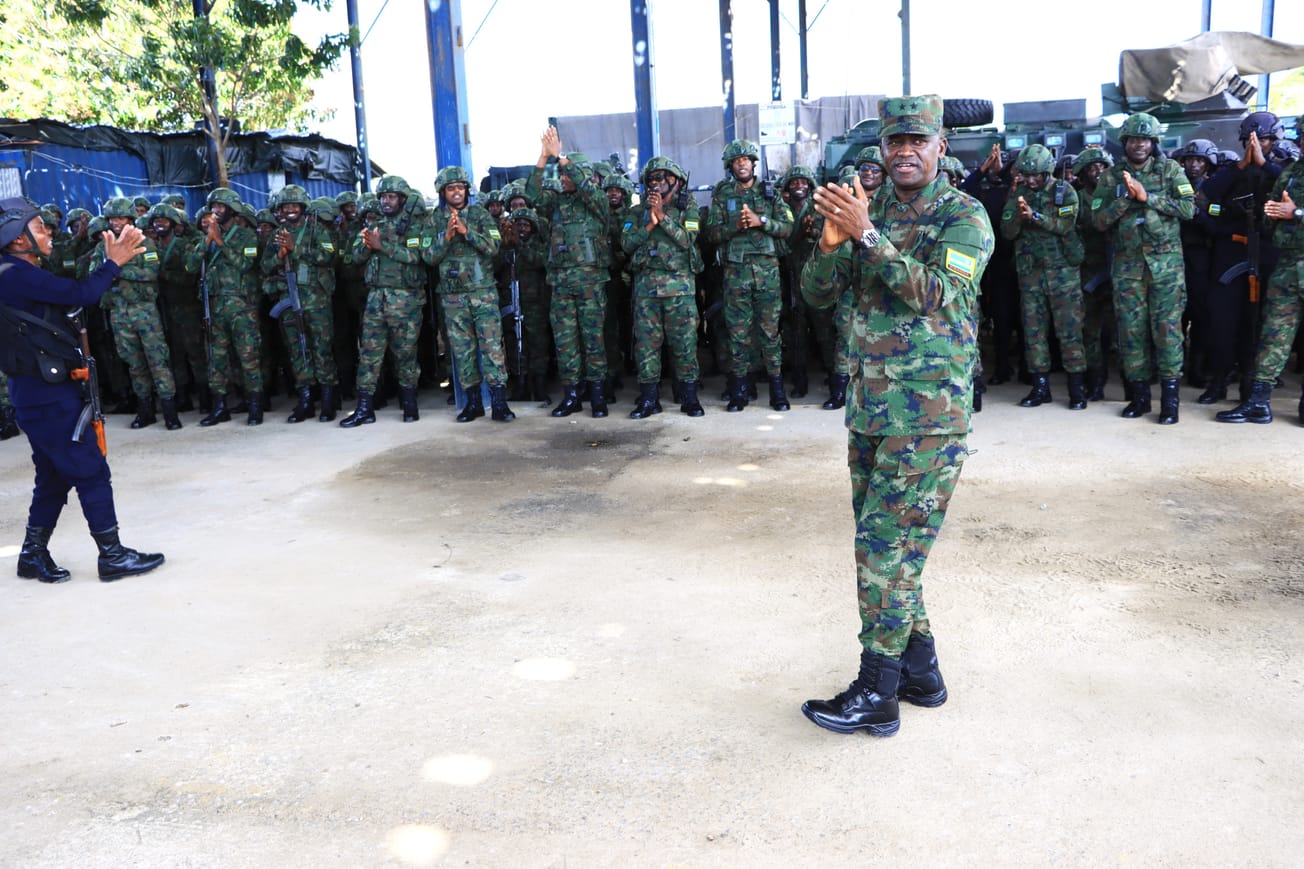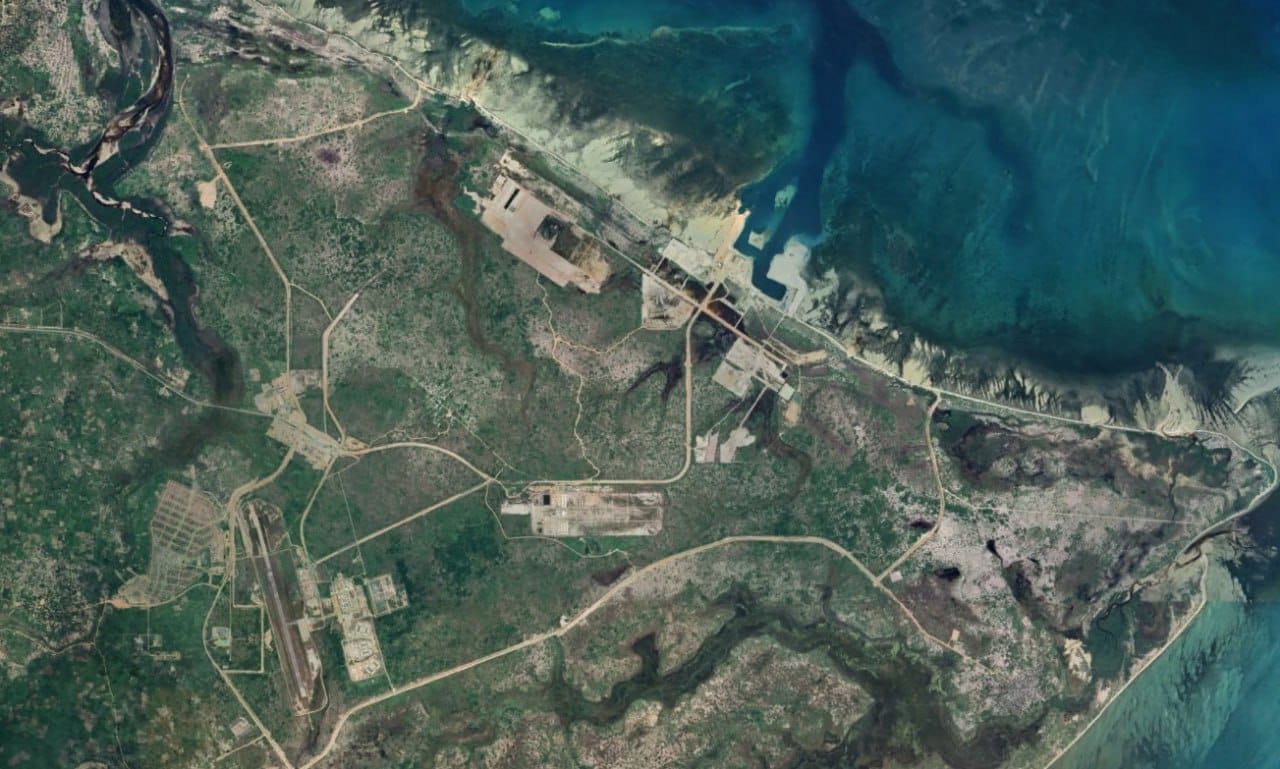The presidency of Filipe Nyusi had transformed relations with Russia even before the war in Ukraine began. Now Mozambique is taking advantage of Russia’s international isolation to win further concessions and support — including, perhaps, weapons that Western donors are reluctant to supply.
This article was first published on 22 August 2023 as part of the Cabo Ligado Monthly: July 2023

Mozambique’s neutral stance on the Russia-Ukraine conflict, including abstaining in votes at the UN, is improving relations with Russia, according to senior diplomats in Maputo. Mozambique has abstained three times in New York from condemning Russia, and President Nyusi was one of 17 heads of state attending the Russia-Africa Summit in Saint Petersburg last month. But, according to one of his advisors, his decision to attend was made at the last minute, in the face of strong pressure from Western allies who are supporting Mozambique’s counterinsurgency effort in Cabo Delgado.
While describing political and diplomatic relations with Russia as “excellent,” Mozambican diplomats believe they have also managed to exploit the international isolation of Vladimir Putin, opening up new areas of cooperation that had not made it off the page and into practice for years.
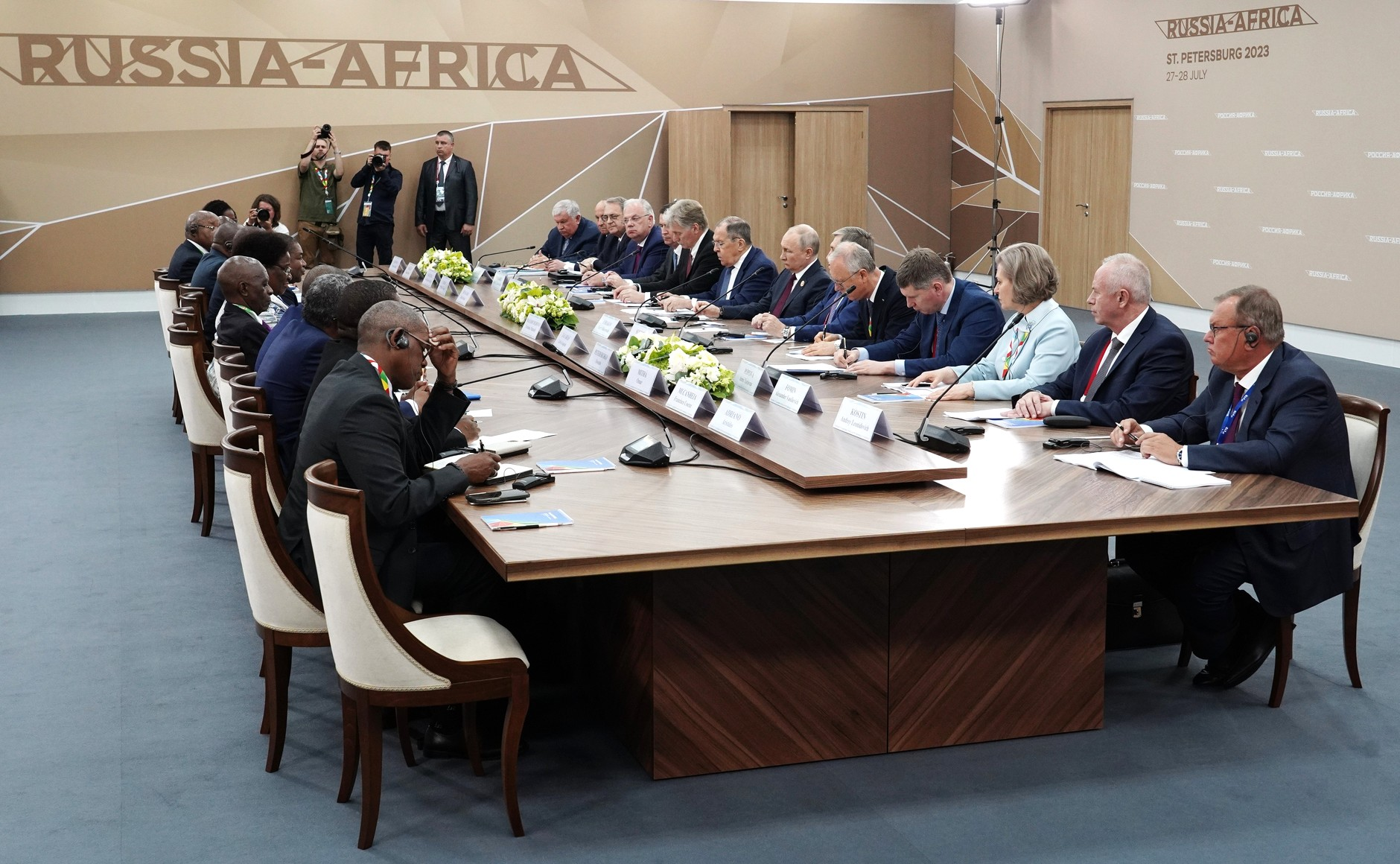
Mozambique and Moscow were once close allies, but that cooled to indifference after the end of the Soviet Union, and the adoption of market economy policies in both Mozambique and Russia in the 1990s. While both countries went through painful changes, the Russian Federation insisted on the repayment of a huge military debt related to decades of assistance fending off threats from Rhodesia, South Africa, and later Renamo, a senior diplomatic source told Cabo Ligado. The Mozambican government maintained that military assistance was not a commercial issue but a heritage of the Cold War era in which both countries were part of the same political block. According to Cabo Ligado sources within Mozambique’s Foreign Ministry, there were also diplomatic problems caused by a former ambassador in Moscow, Bernardo Chirindza, who ended up in court in Maputo accused of embezzling funds.
President Nyusi decided to pay a state visit to Russia in August 2019, the first such trip since President Joaquim Chissano visited Russia in 1987, before the Soviet Union was dismantled in 1991. The insurgency in Cabo Delgado was having a terrible impact on the development of gas projects in the Rovuma basin, and Western donors had frozen assistance to the Mozambican state budget after the “hidden debt” scandal was uncovered in 2016.
Nyusi managed to solve the debt pending since the Soviet era, announcing the pardon of 95% of the stock outstanding. It was agreed to transform the debt into projects such as building schools and hospitals, with the participation of Russian companies. One such project is the rehabilitation of José Macamo hospital, on the outskirts of Maputo.
The month after, in September 2019, a 200-man contingent arrived in Nacala to be dispatched to Cabo Delgado and fight the Islamist insurgency there, apparently as part of an understanding made with Vladimir Putin. The contingent came from the Wagner Group of Yevgeny Prigozhin, who also advised Frelimo on its general election campaign that year in Mozambique. Wagner beat off competition from other private military companies that had offered their services to the Mozambican government to fight the insurgency in Cabo Delgado.
But Wagner’s counterinsurgency operation faced several problems, including bad coordination with the Mozambican army, which ended up in casualties caused by ‘friendly fire.’ But Western diplomats also told Cabo Ligado that, at the time, it was inconceivable to implement formal military cooperation with Mozambique while a mercenary force was present in Cabo Delgado. That equally would have applied to the presence later on of the Dyck Advisory Group from South Africa, recruited after a series of major attacks by the insurgents in early 2020, which saw them take the district capitals of Quissanga, Macomia, Muidumbe, and Mocímboa da Praia.
Mozambican diplomats admit that bringing in the Wagner Group was an error, but point out that another South African company, True North, has been working with the gas industry in Cabo Delgado following the attack on Palma in March 2021. Formally the company provides maintenance to Area 1 premises while the ‘force majeure’ situation prevails, but within its ranks, there are several South African military personnel with experience in assignments in hot spots such as Afghanistan and Iraq.
It is not known if lethal assistance was discussed during Nyusi’s trip to Saint Petersburg in July this year, since, aside from formal delegation meetings on bilateral cooperation, there was a ‘tête à tête’ between the two presidents alone. Mozambique insists it needs weapons to fight the insurgency since training and logistics are not enough. It was also mentioned that military and security issues were touched upon while Nikolai Patrushev was in Maputo in July, meeting Interior Minister Arsénia Massingue and State Intelligence and Security Service Director Bernardo Lidimba. Patrushev is the Secretary of the Russian Security Council.
On the gas front, Rosneft and Gazprom promised last month to get strongly involved in Mozambique, despite some scepticism from the Mozambican side after the same promises were made in 2019. Even a proposal to provide the equipment for the controversial Renaissance north-south gas pipeline was presented. Mozambican diplomacy is more hopeful that a solution can be found regarding the 545 million US dollars debt to VTB bank, borrowed by state-owned company MAM as part of the “hidden debts” saga. In 2018, VTB CEO Andrey Kostin called for more negotiations, but VTB has since taken Mozambique to court in London, claiming it is owed at least US$817.5m.
Mozambique believes it has greater diplomatic leverage now, “because they [Russia] are isolated, and they realise they are isolated, and they need to move ahead with the countries they consider friendly, especially in Africa,” a Mozambican diplomat involved in the talks said. Another diplomat suggested there is a growing sense within the African continent that “what Russia did was an invasion of a sovereign country,” and that Russia “cannot bring Africa for their own problems just because they are offering a few thousand tons of cereals.” “In private, we did not reach the point of calling the Russian action an invasion, but we told them we are friends with both sides of the conflict and that they should look for a negotiated settlement,” said a source present at talks in Saint Petersburg.
Ukrainian Foreign Minister Dmytro Kuleba was in Maputo in May, where he said he would establish a permanent embassy, after talks with President Nyusi. But Mozambique is not ready yet to stop playing both sides, as its diplomats believe there is more to come from Russia. “They [Russia] think big, they want to come back, they want win-win cooperation, they like to think in geostrategic projects,” a source involved in the most recent talks said.

